
Evan Allred, Chief Data Officer, City of Mesa
Evan Allred is the City of Mesa’s first Chief Data Officer and currently leads the city’s data and performance efforts. Evan has worked on the City of Mesa’s open data efforts since its launch in March 2016. He received a master’s degree in Public Administration from Arizona State University (Forks Up!) and his passion for data spans 20 years as an IT professional in city government and K-12 education. Evan has received past national recognition for his technology and data efforts including “20 Educators to Watch” by the National School Board Association and “30 Future Technology Leaders” by Tech & Learning Magazine and now works to expand the use of data to inform local government and public policy!
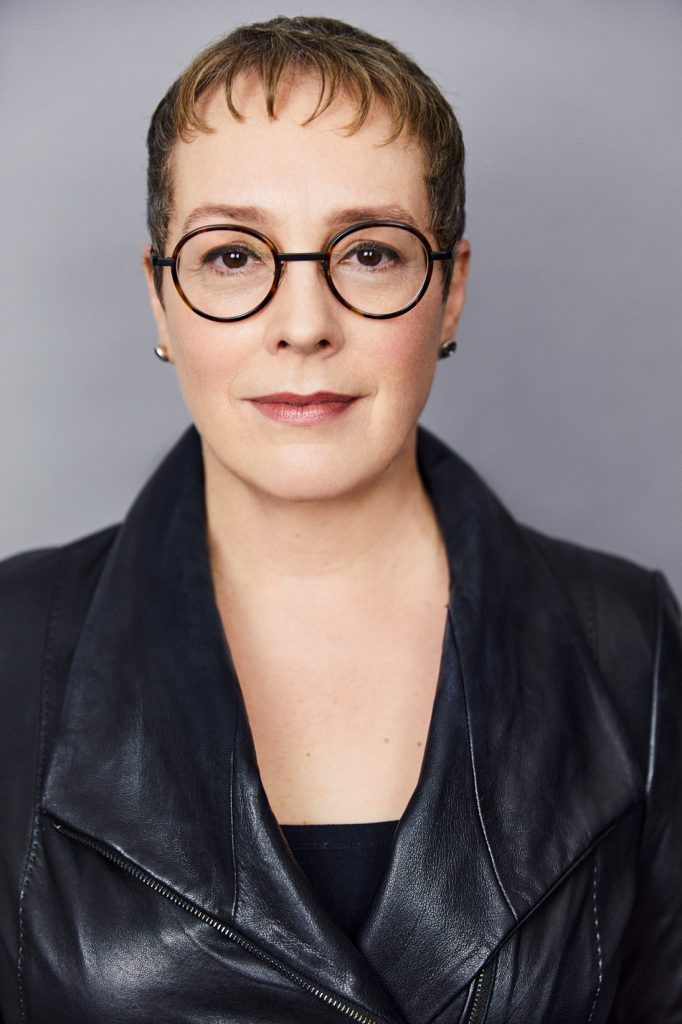
Julia Angwin, Chief Data Officer, City of Mesa
Julia Angwin is an award-winning investigative journalist, a bestselling author, a New York Times contributing Opinion writer and a Walter Shorenstein Media and Democracy Fellow at Harvard Kennedy School’s Shorenstein Center on Media, Politics and Public Policy. In 2018, she founded The Markup, a nonprofit newsroom that investigates the impacts of technology on society. From 2014 to 2018, Julia was a senior reporter at the independent news organization ProPublica, where she led an investigative team that was a Finalist for a Pulitzer Prize in Explanatory Reporting in 2017 and won a Gerald Loeb Award in 2018. She is also the author of the New York Times bestseller “Dragnet Nation: A Quest for Privacy, Security and Freedom in a World of Relentless Surveillance” (Times Books, 2014) and “Stealing MySpace: The Battle to Control the Most Popular Website in America” (Random House, March 2009).
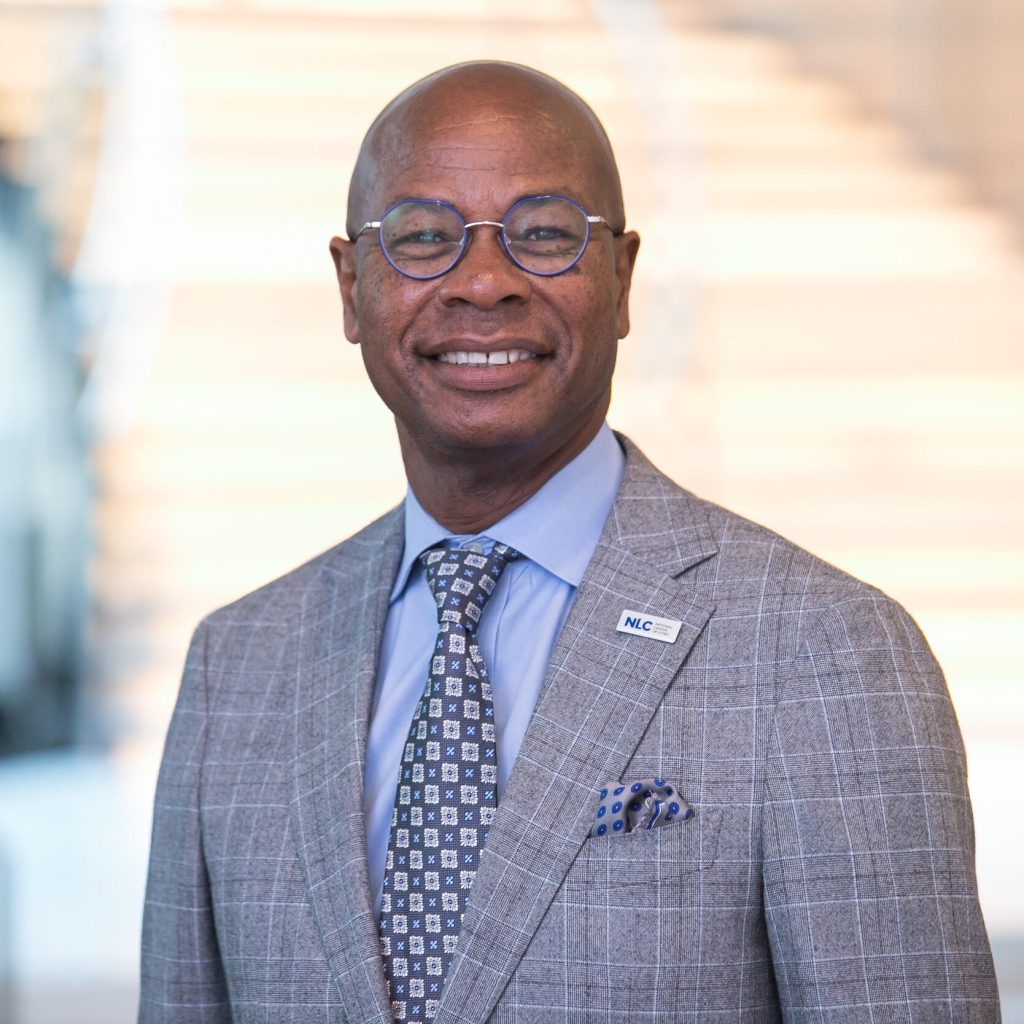
Clarence E. Anthony, CEO and Executive Director, National League of Cities
Clarence E. Anthony is CEO and Executive Director of the National League of Cities (NLC), the largest and oldest organization representing America’s cities, towns and villages and their leaders. Under his leadership, NLC delivered billions of dollars in direct, flexible federal relief through the CARES Act and historic American Rescue Plan Act to help support local governments respond, recover and rebuild from the COVID-19 pandemic. NLC also ushered passage of the Infrastructure Investment and Jobs Act, delivering transformative investments in transportation, broadband and water to communities across the country. Today, NLC continues to advance policies that strengthen local leadership and provides support for local leaders to promote equitable public health and safety, economic development and sustainability for all residents.
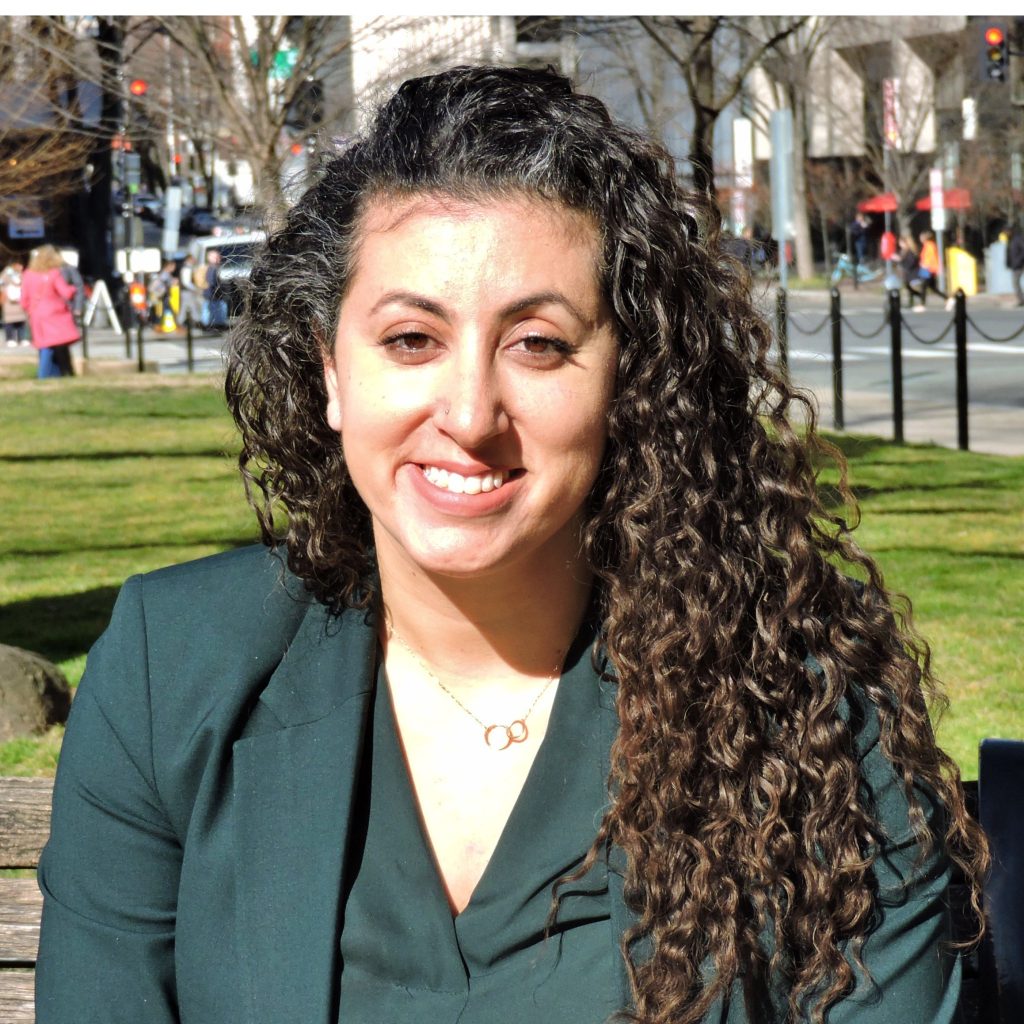
Michelle Barsa, Principal, Building Cultures of Belonging, Omidyar Network
Michelle is a principal of Building Cultures of Belonging on the programs team at Omidyar Network. Prior to joining Omidyar Network, Michelle was as a program director at Beyond Conflict where she developed and led initiatives focused on democratic legitimacy and movement building throughout the United States. Michelle has extensive experience working to counter violent extremism, holding senior advisory positions at USAID, the U.S. Department of Homeland Security, and Equal Access International. As a director at the Washington, D.C.-based social impact nonprofit Inclusive Security, she advised on U.S. foreign policy related to women, peace, and security, and trained hundreds of women across Syria, Afghanistan, Pakistan, Sudan, Libya, and Nigeria to develop policy-focused advocacy strategies. Michelle has also worked to promote equitable labor practices for Latino immigrants.
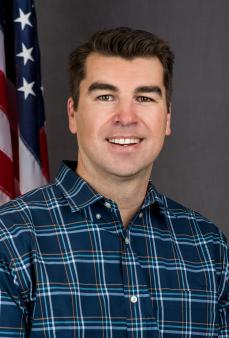
Matt Benjamin, City Council Member, Boulder, CO
Since running for Boulder City Council in 2017, Matt has been heavily committed to local politics and advocacy. He served on a few community working groups and has been a regular advocate for flood protection, affordable housing and a more inclusive and equitable government. In 2019, Matt led the Coalition that supported progressive Boulder City Council candidates. Then in 2020, Matt led the “Our Mayor-Our Choice” ballot measure that now allows Boulder residents to elect our mayor using Ranked Choice Voting.
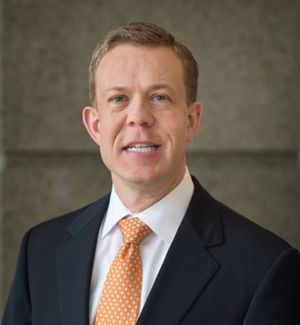
David Bobb, President, Bill of Rights Institute
David Bobb is a nationally recognized leader in civic education, having worked for 25 years at the intersection of civic engagement and education reform. Since 2013 he has served as president of the Bill of Rights Institute, one of the nation’s leading providers of free, open education resources and professional learning programs for secondary school teachers of American civics and history. Since 2020 he has played an integral role in the creation and implementation of the Educating for American Democracy Roadmap, a cross-ideological, inquiry-based project that seeks to bring civics and history learning together for K-12 teachers and students. Previously David worked for twelve years at Hillsdale College, where as founding director of the Washington, D.C.-based Kirby Center for Constitutional Studies and Citizenship he created educational resources and programs accessed by millions of Americans. Author of Humility: An Unlikely Biography of America’s Greatest Virtue (HarperCollins, 2013), and a chapter on Frederick Douglass in a recent volume (Oxford University Press, 2019), David has written for publications including the Wall Street Journal and Fast Company, and is currently writing a book on the future of civics. He earned a Ph.D. in political science from Boston College.
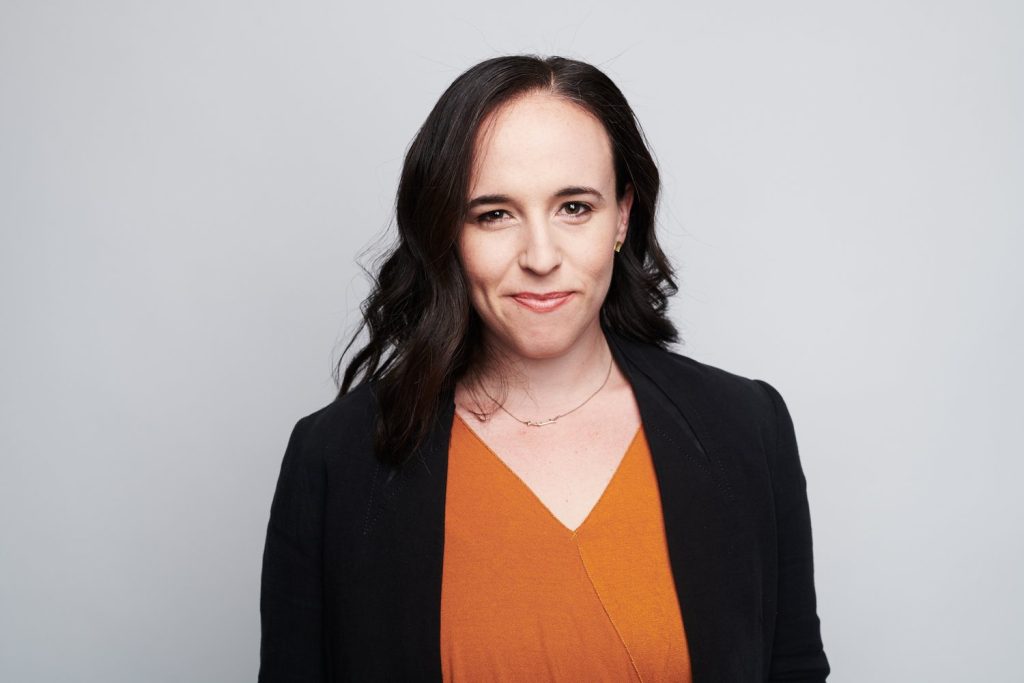
Miranda Bogen, Founding Director, AI Governance Lab
Miranda Bogen is the founding director of the AI Governance Lab at the Center for Democracy & Technology. Building on CDT’s decades of leadership fighting to advance civil rights and civil liberties in the digital age, the Lab provides public interest expertise in rapidly developing policy and technical conversations around artificial intelligence, advancing the interests of individuals whose lives and rights are impacted by AI. An AI policy expert and responsible AI practitioner, Miranda has led work at the intersection of policy and AI fairness and governance in senior roles in industry and civil society. She served as co-chair of the Fairness, Transparency, and Accountability Working Group at the Partnership on AI, conducted foundational research at the intersection of machine learning and civil rights at Upturn, and most recently guided strategy and implementation of responsible AI practices at Meta.

Maureen Bugdon, Atlantic County Superintendent of Elections and Commissioner of Registration
Maureen Bugdon is the Atlantic County Superintendent of Elections and Commissioner of Registration, as well as Immediate Past President of the NJ Association of Elected Officials. She is also a member of the Steering Committee for PLEJ (Partnership for Large Election Jurisdictions). As Superintendent of Elections, the goals of her office are Voter Registration, Education and Outreach. She has held the position since being nominated in May of 2013. She is a fierce advocate for Election Official Awareness & Safety Training.
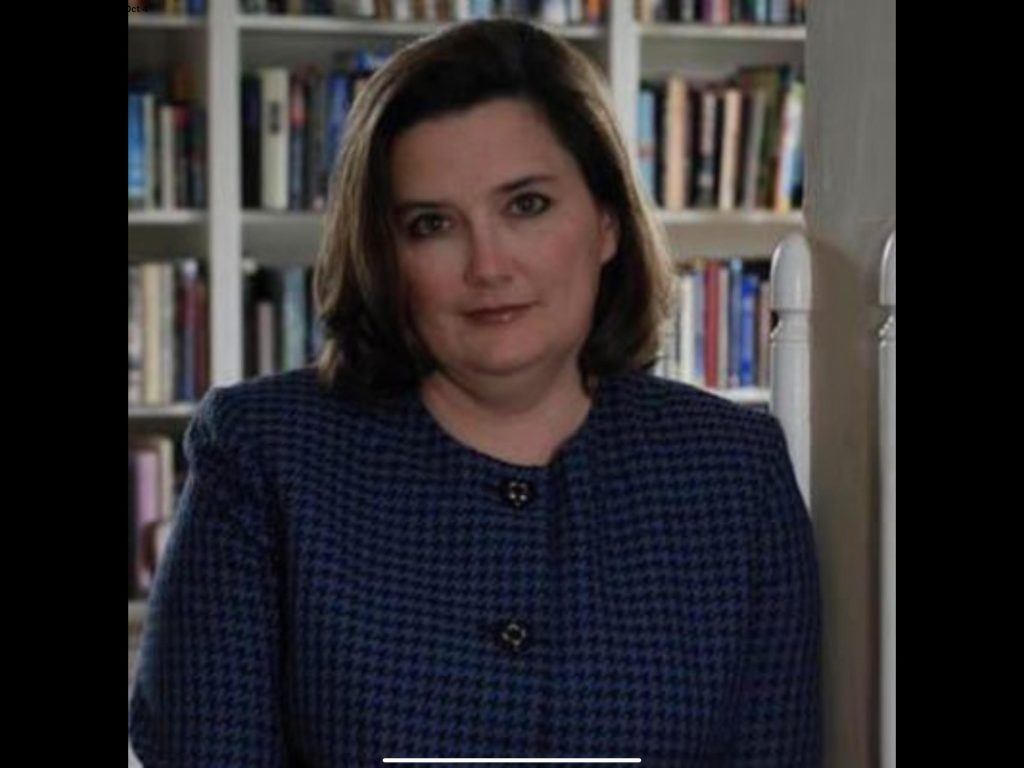
Mary Bunting, City Manager, Hampton, VA
In 2009, Mary Bunting became the first female city manager for the City of Hampton since the position was created in 1956. She followed in the footsteps of her mother, who was city manager of Roanoke, Va., for many years and also enjoyed an illustrious career in public service. Since she began her tenure, Hampton was recognized with the All-America City recognition for the third time and has won multiple national level recognitions, including being a top finalist for Harvard University’s Innovation in Government Award. In 2012, Bunting was named a White House Local Innovation Champion of Change by President Barack Obama.

Sewell Chan, Editor-In-Chief, The Texas Tribune
Sewell Chan joined The Texas Tribune as editor in chief in October 2021. Previously he was a deputy managing editor and then the editorial page editor at the Los Angeles Times, where he oversaw coverage that was awarded a Pulitzer Prize for editorial writing in 2021. Chan worked at the New York Times from 2004 to 2018, as a metro reporter, Washington correspondent, deputy Op-Ed editor and international news editor. He began his career as a local reporter at the Washington Post in 2000. A child of immigrants, Chan was the first in his family to graduate from college.
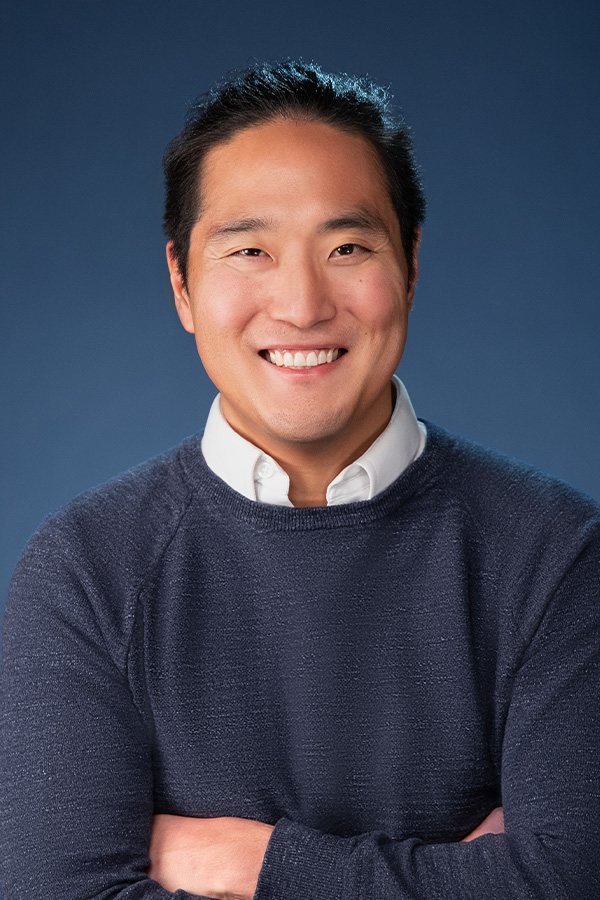
Adam Conner, Vice President for Technology Policy, Center for American Progress and Board Member, National Conference on Citizenship
Adam Conner is the vice president for Technology Policy at American Progress. He leads the newly created Technology Policy team as its inaugural vice president with a focus on building a progressive technology policy platform and agenda. Conner has spent the past 15 years working at the intersection of technology, politics, policy, and elections as the first Washington, D.C., employee for several Silicon Valley companies. He was a spring 2018 resident fellow at the Harvard University Institute of Politics, where he led a study group titled, “Platforms, Networks, and New Power Technology’s Impact on Politics, Policy, and Elections,” which focused on the rise of technology companies and their effect on politics and democracy. Most recently, Conner was the first Washington employee for Slack Technologies, the fast-growing workplace communications startup, leading their engagement with federal, state, and local governments. Prior to that, Conner was vice president of Brigade, a civic engagement platform co-founded by Sean Parker.
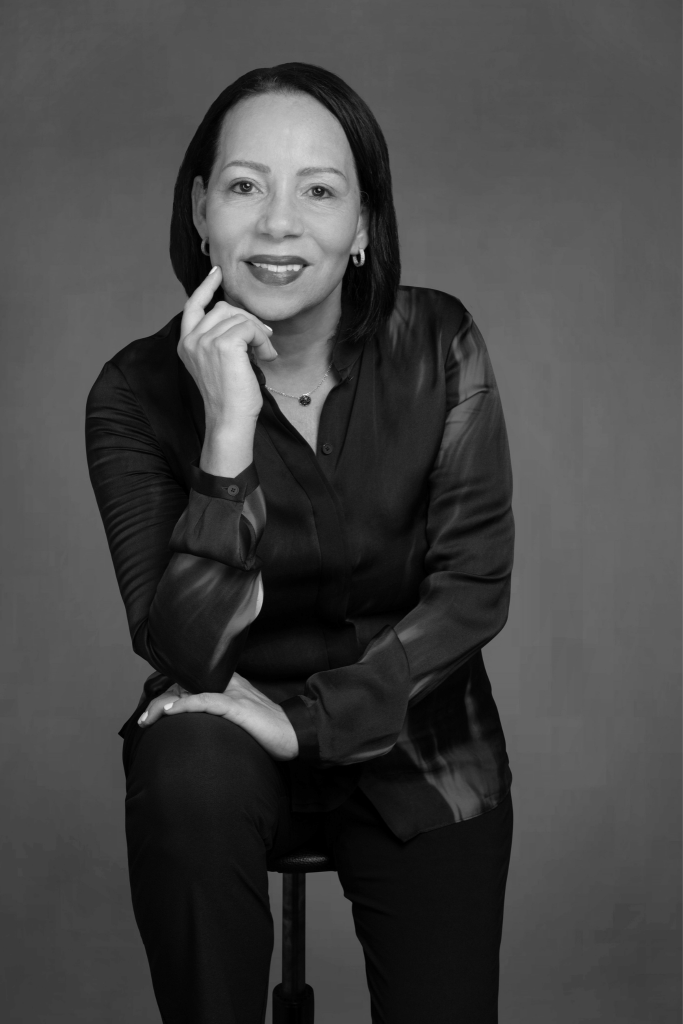
Sharon L. Davies, President and CEO, Charles F. Kettering Foundation
Sharon Davies’ career spans both academic and non-academic fields. From 2017-2021, Davies was provost and senior vice president for academic affairs at Spelman College. She joined Spelman from The Ohio State University, where she was vice provost for diversity and inclusion and chief diversity officer. Davies was also a member of OSU’s Moritz College of Law faculty for 22 years, serving as the Gregory H. Williams Chair in Civil Rights and Civil Liberties. In addition, Davies directed the university’s Kirwan Institute for the Study of Race & Ethnicity, an interdisciplinary engaged research institute known nationally for its work in social justice, equity, and inclusion. She also held an appointment to the Ohio Advisory Committee to the United States Commission on Civil Rights.

Anthony DeMattee, The Carter Center
Anthony DeMattee is a data scientist with Democracy Program at The Carter Center. He is formerly a National Science Foundation Postdoctoral Research Fellow for Fundamental Research (SPRF-FR). The NSF Directorate for Social, Behavioral, and Economic Sciences (SBE) and the Law & Science Program (LS) sponsored his research, which he conducted while affiliated with the Department of Political Science at Emory University. Using civil society laws as his case, his personal research studies the politics of state-civil society interactions in developing countries. He has a regional focus on East Africa and the Caribbean.
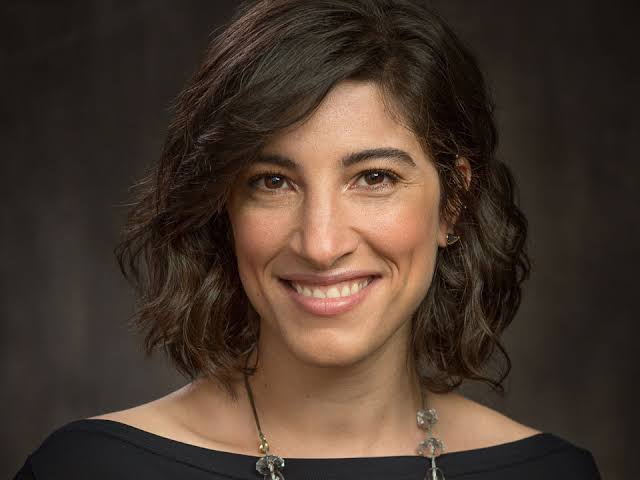
Reneé DiResta, Research Manager, Stanford Internet Observatory
Renée DiResta is the technical research manager at Stanford Internet Observatory, a cross-disciplinary program of research, teaching and policy engagement for the study of abuse in current information technologies. Renee investigates the spread of narratives across social and media networks, with an interest in understanding how platform algorithms and affordances intersect with user behavior and factional crowd dynamics. She studies how actors leverage the information ecosystem to exert influence, from the full-spectrum propaganda apparatus of state actors to the online rumor mill that we all participate in.
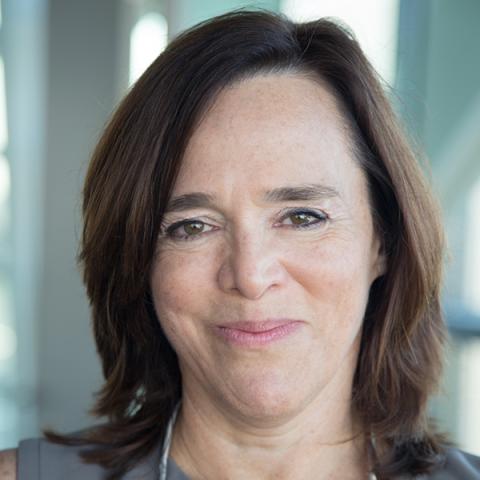
Louise Dubé, Executive Director, iCivics
Louise Dubé serves as the Executive Director of iCivics. As the largest provider in the nation, iCivics champions and re-imagines civic education. iCivics is the winner of many awards including Fast Company’s 2017 Top 10 Most Innovative Education Companies, the John D. and Catherine T. MacArthur Foundation’s Award for Creative and Effective Institutions. Previously, Louise served as Managing Director of Digital Learning at WGBH where she helped launch PBS LearningMedia, a platform reaching over 1.5 million educators. Before WGBH, Louise had a successful career in educational publishing. Louise won the 2017 People’s Voice award from the Diane Von Furstenberg – Diller Foundation as well as the 2018 Civvys – American Civic Collaboration National award from Bridge Alliance. She was also recognized as a 2019 Donaldson Fellow by the Yale School of Management. Louise began her career as an attorney in Montreal, Canada, and holds a law degree from McGill University, as well as an MBA from Yale University. In the early 1990s, she served as a co-founder of CASES, a New York alternative-to-incarceration program where education helped re-shape lives.
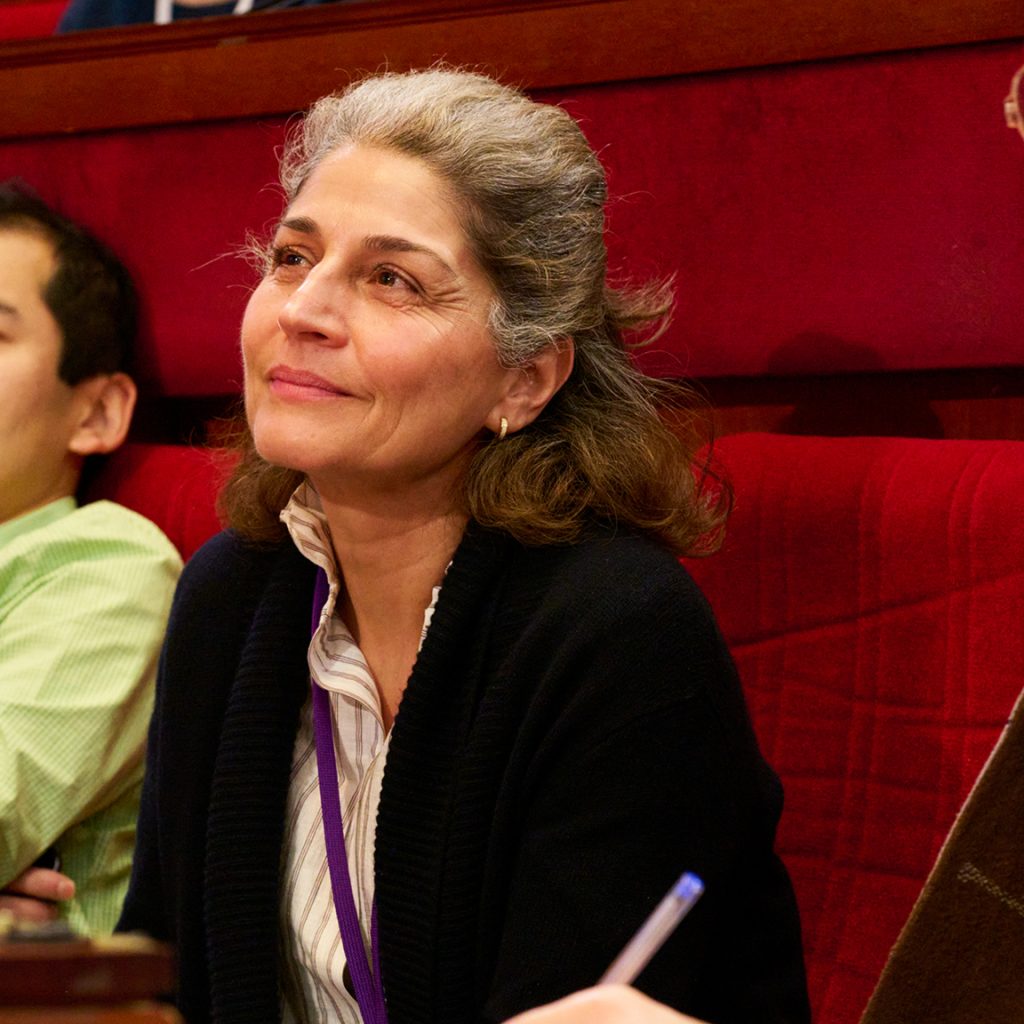
Marjan Ehsassi, Federation for Innovation in Democracy and Future of Democracy Fellow, Berggruen Institute
Marjan Ehsassi is Strategic Director of the Democratic Action Fund and a Fellow at the Berggruen Institute. She has traveled to and worked to enhance space for civil society in some of the most complex environments including Iran, Ukraine, and North Korea. A lawyer and international governance expert, she received her Doctorate in International Affairs from SAIS, Johns Hopkins University, with a concentration on democratic innovations, deliberation and government-initiated citizens’ assemblies.
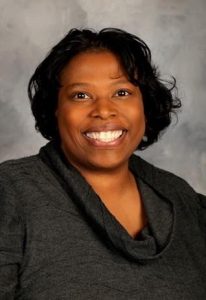
Joy Fulkerson, Director, Leadership and Civic Engagement. East Tennessee State University and Board Member, National Conference on Citizenship
Joy is Director of Learning and Civic Engagement at East Tennessee State University. Joy collaborates with other campus and community units to develop and implement service-learning, community service, and civic engagement activities in addition to advising Volunteer ETSU and coordinating the implementation of the Alternative Spring Break program. She served as a grant administrator for Volunteer Tennessee in the late 1990’s prior to joining East Tennessee State University in 1999. Joy is dedicated to increasing voting on campuses, and in 2016, ETSU was named Most Improved in voter participation in the Southern Conference.
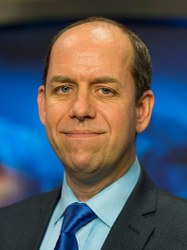
John Gastil, Distinguished Professor, Department of Communication Arts and Sciences, Department of Political Science, and School of Public Policy at the Pennsylvania State University
John Gastil (PhD, University of Wisconsin-Madison) is a Distinguished Professor in the Department of Communication Arts and Sciences, Department of Political Science, and School of Public Policy at the Pennsylvania State University. Dr. Gastil also serves as Senior Scholar at Penn State’s McCourtney Institute for Democracy. Gastil’s research focuses on the theory and practice of deliberative democracy, group decision making, political communication, and public opinion. The National Science Foundation has supported his research on the Oregon Citizens’ Initiative Review, the Australian Citizens’ Parliament, jury deliberation, cultural cognition, and democratic innovation online. His most recent books are Hope for Democracy (Oxford, 2020) with Katherine R. Knobloch, Legislature by Lot (Verso, 2019) with Erik Olin Wright, and the novel Gray Matters (Cosmic Egg, 2020), which examines how seemingly benign AI and digital tech could lead us astray.
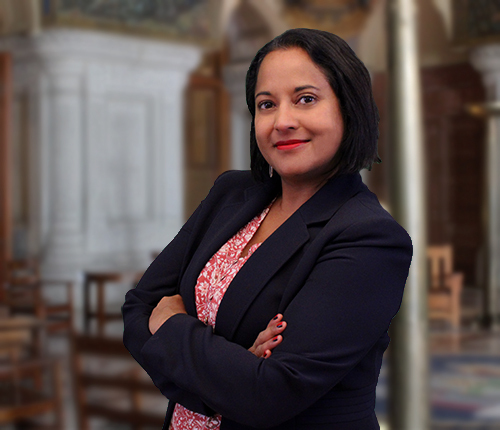
Debi Ghate, Executive Fellow, Institute for Citizens & Scholars and Partner, Steadfast
Debi Ghate is President of Steadfast, Vice President of Partnerships at Gen Justice, and Executive Fellow at the State Policy Network. Ms. Ghate is a trained lawyer, previously practicing civil litigation in Ontario, Canada before moving to California to join the Ayn Rand Institute. At the Institute, she oversaw the education and policy programs before serving on leadership teams at two Foundations, including the Charles Koch Foundation and the Anthem Foundation for Objectivist Scholarship. She was previously the Senior Director of Grant Strategy at The Snider Foundation and most recently the Vice President of Strategy and Programs for Philanthropy Roundtable.
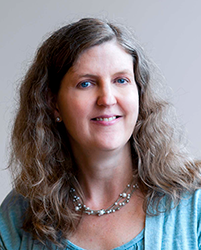
Laura Hamilton, Senior Director of Education Measurement and Assessment, American Institutes for Research
Laura Hamilton is a senior director at American Institutes for Research, where she leads the Center on Advancing Measurement and Assessment. This interdisciplinary center promotes high-quality, innovative approaches to measurement and assessment, generating evidence to inform policy and practice in education, workforce, and family and community development. Hamilton also leads and conducts research on education policy, teaching, ed tech, youth development, and civic learning, with a focus on producing evidence-based guidance for practitioners and policymakers.

Elizabeth Hansen Shapiro, CEO and Co-Founder of the National Trust for Local News
Elizabeth Hansen Shapiro is the CEO and co-founder of the National Trust for Local News, a nonprofit organization dedicated to conserving, transforming, and sustaining community news organizations.As the only organization dedicated to strengthening existing sources of local news, we pair national expertise with local knowledge and commitment. From 2020-2022, Dr. Hansen Shapiro was a Senior Research Fellow at the Tow Center for Digital Journalism at Columbia Journalism School where her work focused on the future of journalism in public media and public policies to support local news.
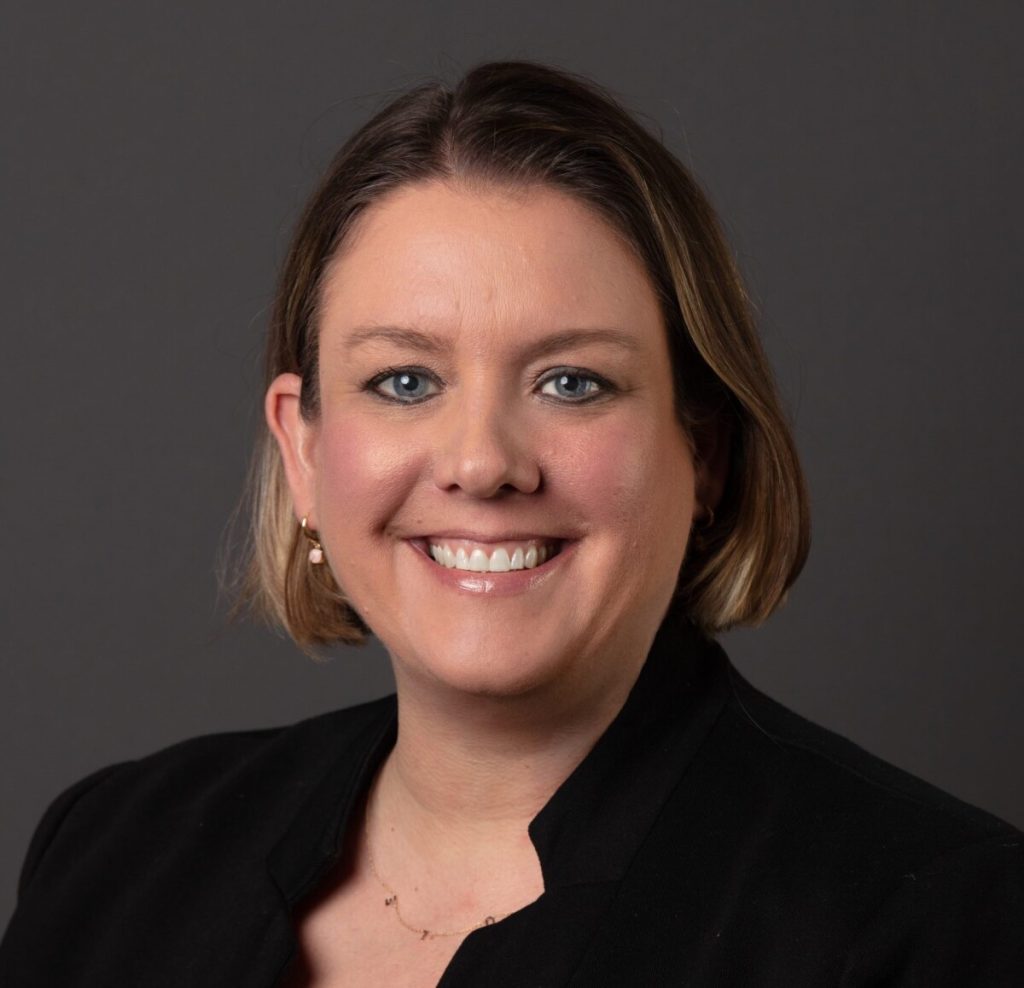
Katie Harbath, CEO and Founder Anchor Change and Board Chair, National Conference on Citizenship
Katie Harbath is a global leader at the intersection of elections, democracy, civic, and tech. She is the founder and CEO of Anchor Change – a civic tech strategies firm focused on developing solutions at the intersection of tech, policy, and business focusing on global issues related to democracy, elections, and civic engagement online. Prior to starting her own firm she was a public policy director at Facebook where, over the course of ten years, she was credited with building out and leading a 30-person global team responsible for managing elections. She also played a significant role in building another team of over 30 people that work to get governments and elected officials around the world – at the local, regional, and national levels – to use Facebook and Instagram as a way to connect and engage with constituents.

Cameron Hickey, CEO, National Conference on Citizenship
Cameron Hickey is the Chief Executive Officer at the National Conference on Citizenship. Hickey previously founded the Algorithmic Transparency Institute, a project of NCoC, to develop methodologies and tools for collecting and analyzing data to increase transparency about how large digital platforms impact society. Hickey was formerly a research fellow at the Shorenstein Center for Media, Politics and Public Policy at Harvard’s Kennedy School. As a fellow, he investigated the spread of mis- and dis-information on social media through the development of tools to identify and analyze problematic content. Hickey helped lead the Shorenstein Center’s Information Disorder Lab which monitored disinformation during the 2018 U.S. midterm elections. Previously, Hickey covered science and technology for the PBS NewsHour and NOVA with correspondent Miles O’Brien. Hickey has won a News and Documentary Emmy Award and a Newhouse Mirror Award for his journalism and was also a Knight Foundation Prototype Grantee for his junk news monitoring tool NewsTracker, and won a 2019 Brown Institute Magic Grant to investigate inauthentic activity on social media. His work has appeared on the PBS NewsHour, NOVA, Bill Moyers, American Experience, WNET, and The New York Times.d engage with constituents.
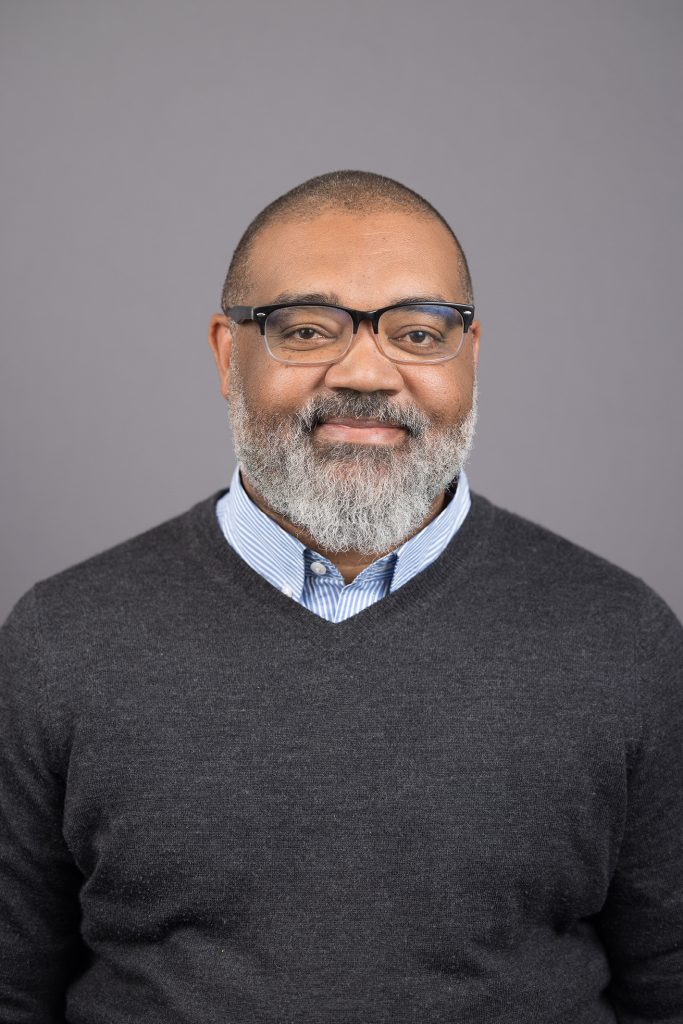
Joe Hoereth, Director, Institute for Policy and Civic Engagement, University of Illinois Chicago
Joe Hoereth was hired as Associate Director of the Institute for Policy and Civic Engagement (IPCE) at the University of Illinois, Chicago (UIC) when it was founded in the fall of 2008, and appointed Director in January 2009. IPCE creates opportunities for scholars, concerned citizens, students, and government to participate in public discourse and educational programs on current policy issues and social trends. As Director, he is responsible for the overall management of the Institute. Dr. Hoereth came to UIC in 2004 as the Associate Director of the Great Cities Institute (GCI), bringing a wide range of experience in community development research and evaluation, having previously worked for university research centers, non-profit organizations and private consulting firms. He has held staff positions at the Center for Urban Research and Learning (CURL) at Loyola University Chicago and the Center for Urban Policy Research (CUPR) at Rutgers University. Additionally, he has authored multiple reports and papers on housing, community economic development, and urban planning.
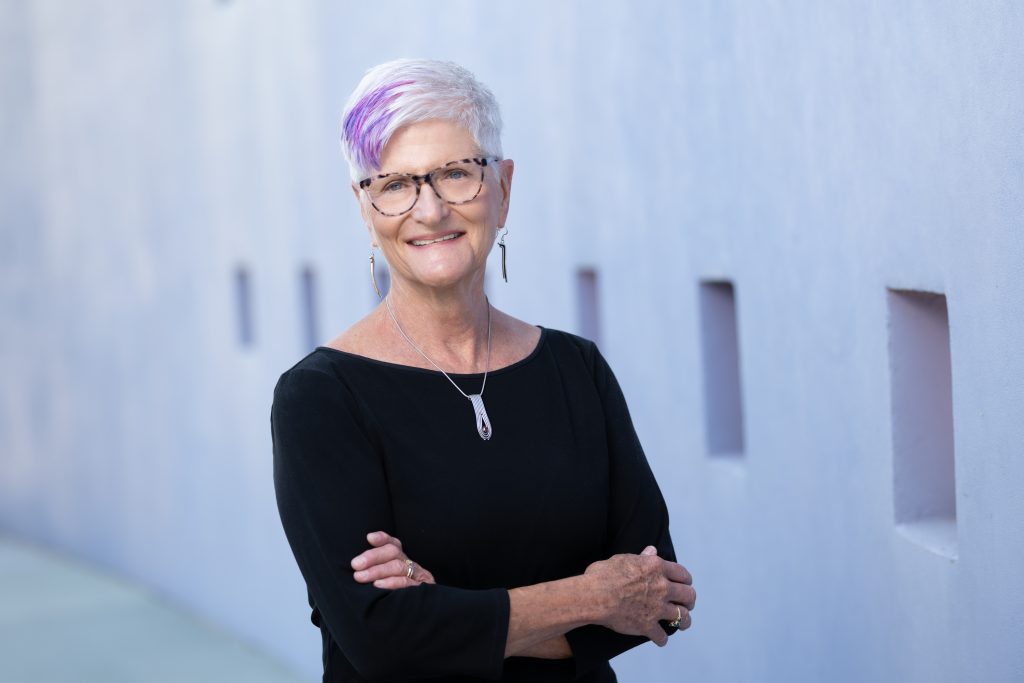
Marcie Hutchinson, Mesa Public Schools Governing Board
For thirty-one years, Marcie Hutchinson taught American and European history in public high schools in New York and Arizona. From 2010-2017, Hutchinson was the Director of K-12 Initiatives for the history faculty at Arizona State University connecting Arizona’s classroom teachers with university resources. She currently sits on the boards of Arizona State University’s Melikian Center, the Mesa Public Schools Foundation, and the City of Mesa’s i.d.e.a. Museum. Marcie Hutchinson was elected to the Mesa Public Schools Governing Board in 2018. Reelected in 2022, she is the current Board President. During her tenure, the Board has taken many actions in the critical areas of literacy, student and staff wellness, arts education, and creating multiple opportunities inside and outside the classroom for every student to discover their passion for learning.

Virginia Kase Solomón, CEO. League of Women Voters
As CEO of the League of Women Voters, Virginia builds upon her vision of an inclusive democracy where every person in America has the ability and opportunity to participate and advocate for issues that matter to them. Prior to joining LWV she served as COO of CASA, an organization at the forefront of the immigrant rights movement, representing nearly 100,000 members. In 2022, she was named one of the Most Influential People in Washington by Washingtonian magazine, and was given the National Coalition on Black Civic Participation’s Spirit of Democracy award.
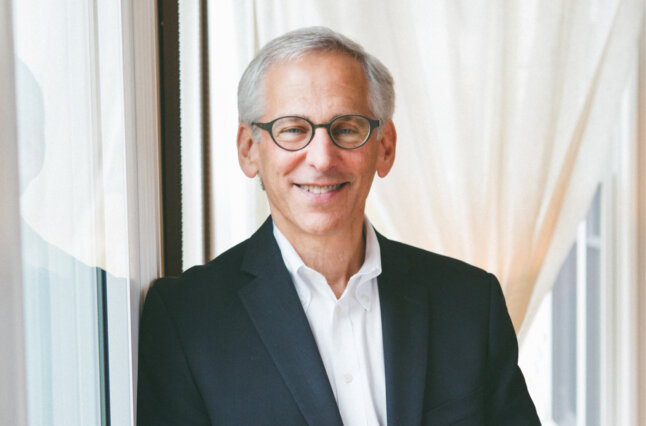
Howard Konar, Founder, Civic Genius
Howard Konar is founder of Civic Genius and president of Konar Properties, a family-owned real estate development business in his home town of Rochester, New York. He has served as a trustee at several organizations, including Monroe Community College and the George Eastman House, and as a board chair of the Monroe Community College Foundation. He also has served in various capacities on the board of economic development, affordable housing, and Jewish community organizations. Before joining his family real estate business, Howard was a law partner in the Rochester firm of Boylan Code, where he pioneered the use of Employee Stock Ownership Plans in upstate New York.
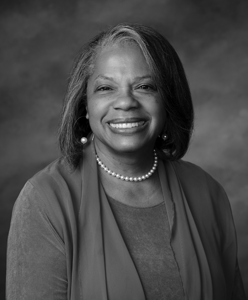
Valerie Lemmie, Senior Advisor for State and Local Government, Kettering Foundation and Board Member, National Conference on Citizenship and National Civic League
Valerie Lemmie is senior advisor for state and local government at the Kettering Foundation. An adept strategic thinker and local government thought leader, Lemmie is a distinguished pracademic with over 40 years of experience solving public problems and controversial issues in governmental organizations; leading research on democratic practices and public engagement; and advising communities across the United States on innovative and effective strategies for advancing multiculturalism. Currently, Lemmie is coproducing, encouraging, and supporting strategies, programs, and policies that strengthen democracy, foster inclusion, and advance public accountability, transparency, and collaboration. Lemmie joined the foundation after a distinguished career in public service. She served as city manager for the cities of Petersburg, Virginia, and Dayton and Cincinnati, Ohio; commissioner on the Public Utility Commission of Ohio; and district director and acting chief of staff for Congressman Mike Turner (Ohio’s 10th District). Lemmie has also served as adjunct professor at Howard University, the University of Dayton, and Port Elizabeth Technikon (now Nelson Mandela University) in South Africa; the latter in cooperation with USAID.

Matt Leighninger, Director of the Center for Democracy Innovation at the National Civic League
Matt Leighninger is the Director of the Center for Democracy Innovation at the National Civic League. The Center works to: sustain democracy by inviting people to help redesign the “civic infrastructure” of their communities; scale democracy through strategies for engaging people in state and federal decisions; and measure the quality of democracy and engagement. Matt’s first book, The Next Form of Democracy, is a firsthand account of that wave of democratic innovation that emerged in the 1990s and 2000s. His second, Public Participation for 21st Century Democracy, co-authored with Tina Nabatchi, is a guide and textbook that surveys the role and potential of engagement in K-12 education, health, land use planning, and the work of state and federal governments.
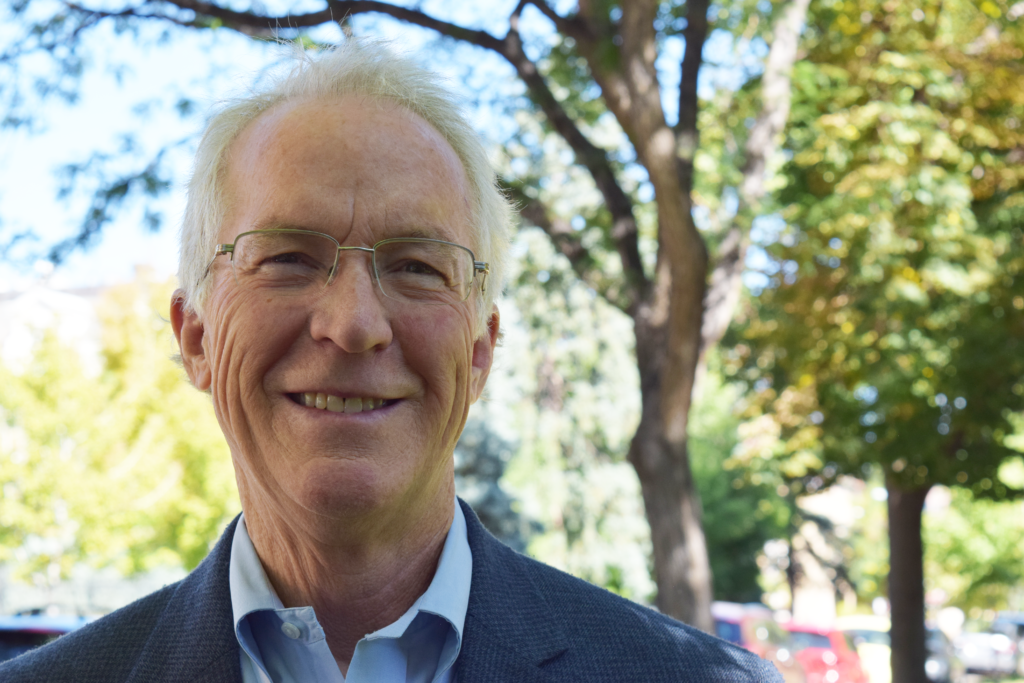
Doug Linkhart, President, National Civic League
Doug Linkhart is an expert in civic engagement, and works to connect residents, government, nonprofits and business. His vision and strategic planning efforts include a focus on collaboration with other key organizations focused on advancement and nurturing of inclusive communities. Doug brings over 40 years of experience in the public policy arena, including 18 years as an elected official, including eight years as a Denver City Councilman and ten years as a Colorado State Representative and Senator. Doug started his career by managing local campaigns, then worked in the federal government as a Presidential Management Intern. He later ran his own consulting business, spending his free time as a newspaper columnist and neighborhood and political activist. He founded a nonprofit organization to serve neighborhood associations and their residents, which he directed for ten years. After running for Mayor of Denver in 2011, he was appointed by the winning candidate as the Executive Director of Denver’s Department of Environmental Health, a 300-person agency which he managed for four years.
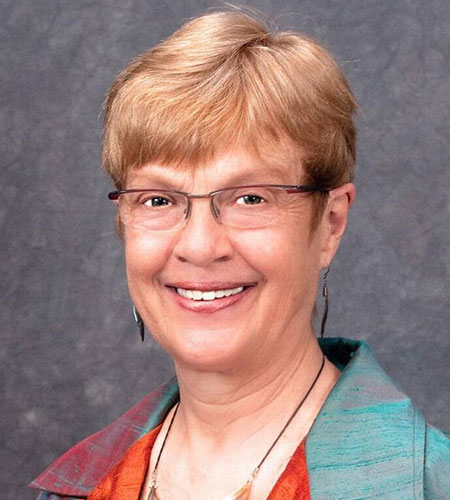
Caroloyn Lukensmeyer, Executive Director, National Institute for Civil Discourse
Dr. Carolyn J. Lukensmeyer was the first Executive Director of the National Institute for Civil Discourse, an organization that works to reduce political dysfunction and incivility in our political system. As a leader in the field of deliberative democracy, she works to restore our democracy to reflect the intended vision of our founding fathers. Dr. Lukensmeyer previously served as Founder and President of AmericaSpeaks, an award-winning nonprofit organization that promoted nonpartisan initiatives to engage citizens and leaders through the development of innovative public policy tools and strategies. During her tenure, AmericaSpeaks engaged more than 200,000 people and hosted events across all 50 states and throughout the world. Dr. Lukensmeyer formerly served as Consultant to the White House Chief of Staff from 1993-94 and on the National Performance Review where she steered internal management and oversaw government-wide reforms. She was the Chief of Staff to Ohio Governor Richard F. Celeste from 1986-91, becoming the first woman to serve in this capacity. She earned her PhD in Organizational Behavior from Case Western Reserve University and has completed postgraduate training at the Gestalt Institute of Cleveland.
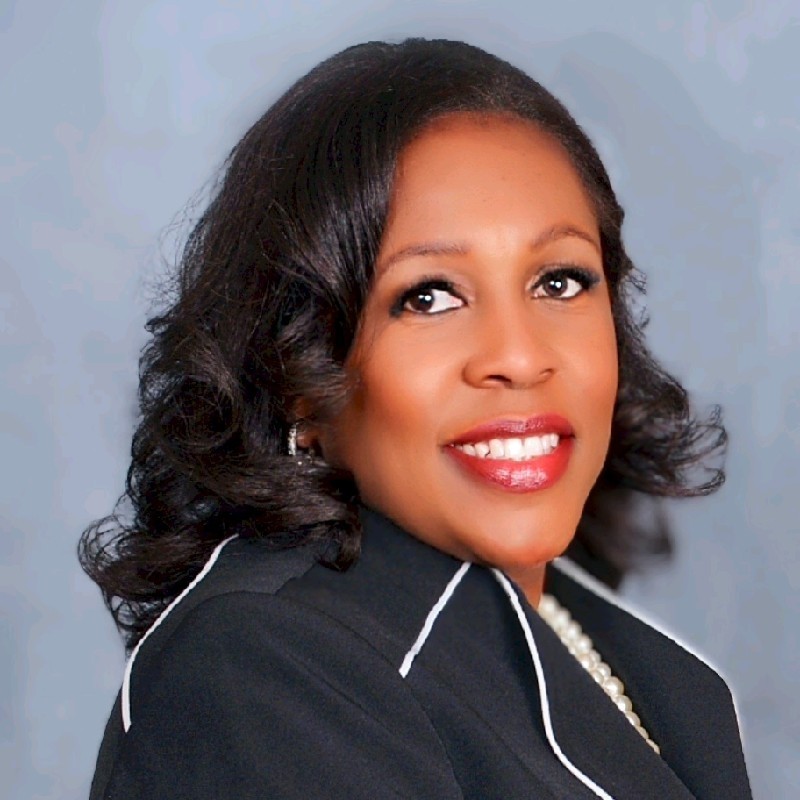
Shona L. Mack-Pollock, Esq., Passaic County Superintendent of Elections and Executive Vice-President of the New Jersey Association of Election Officials
Shona L. Mack-Pollock, Esq. currently serves as Passaic County Superintendent of Elections and Executive Vice-President of the New Jersey Association of Election Officials. Prior to her appointment as Superintendent of Elections, she served for more than six years as the county’s Deputy Superintendent of Elections. While serving in that role, she was able to gain invaluable insight and experience of the elections process, including enhanced knowledge of New Jersey Election Laws. As a former Deputy Attorney General with the Division of Law Ms. Mack-Pollock represented and provided legal counsel in all matters related to child protective service litigation. Before joining the Attorney General’s office, Ms. Mack-Pollock was engaged in the private practice of law with the New York City law firm of Proskauer Rose, where she represented corporate clients in labor and employment matters.
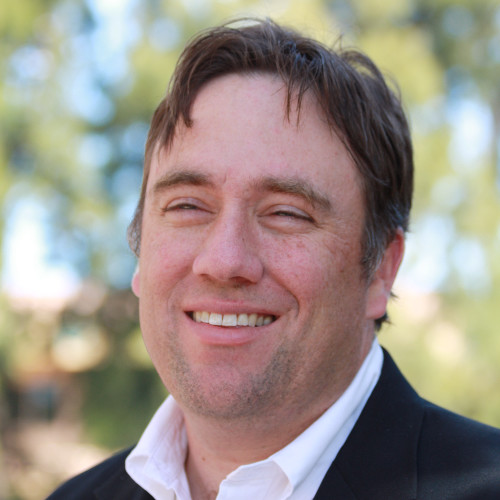
Joe Mathews, Editor, Zocalo Public Square
Joe Mathews is Connecting California columnist and California editor at Zócalo Public Square. A fourth-generation Californian, Joe studies his home state and its politics, media, labor, and real estate. He is co-author, with Mark Paul, of California Crackup: How Reform Broke the Golden State and How We Can Fix It (University of California Press, 2010). His previous book was The People’s Machine: Arnold Schwarzenegger and the Rise of Blockbuster Democracy (PublicAffairs, 2006), an account of Governor Schwarzenegger’s first term and his use of ballot measures as governing tools.
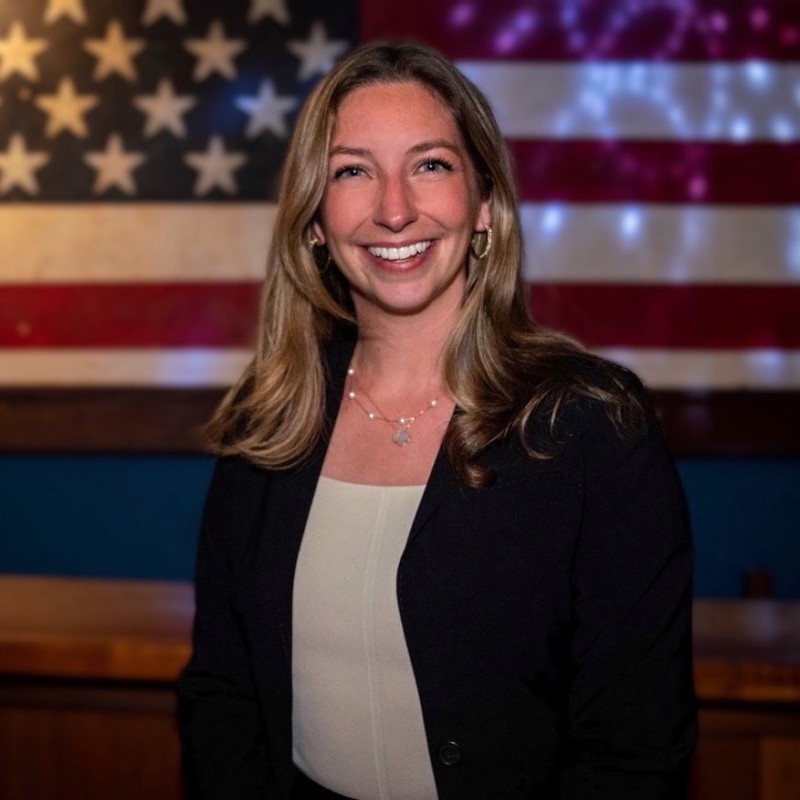
Keara Mendez, Director of Advocacy, Center for Tech and Civic Life
Keara Mendez has a decade of experience in pro-democracy advocacy, social impact work, and community organizing. She currently serves as the Director of Advocacy at the Center for Tech and Civic Life (CTCL) supporting local elections officials in securing the resources and support needed to safely and securely administer elections. She has supported the launch of several successful projects including Democracy is Good for Business, the Civic Responsibility Project, and Election Hero Day, and served on multiple nonprofit boards in Colorado.
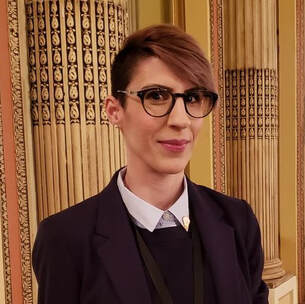
Lia Merivaki, Associate Professor in American Politics, Mississippi State University
Thessalia (Lia) Merivaki, Ph.D. is an Associate Professor in American Politics at Mississippi State University, Department of Political Science and Public Administration and a member of the Carter Center’s U.S. Elections Team since September 2020. Lia’s research agenda is situated within the growing field of Election Sciences, which includes the study of election reforms, election administration, voter education, as well as election data transparency and accessibility. She is currently based in Washington, D.C. as a Visiting Researcher at Georgetown University.
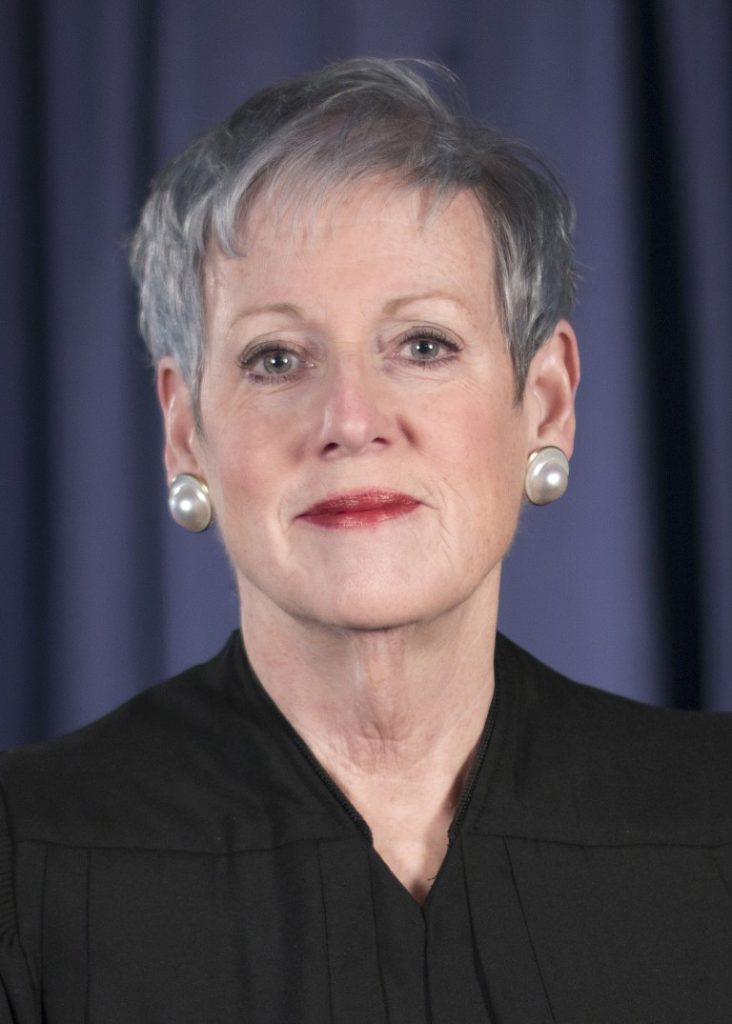
Maureen O’Connor, Former Chief Justice of the Supreme Court of Ohio and Senior Fellow, Charles F. Kettering Foundation
Maureen O’Connor was the tenth Chief Justice of the Supreme Court of Ohio and the first woman to lead the state judicial branch of government. She was the first chief justice to retire from the office and upon her retirement was the longest-serving statewide elected woman in Ohio history. As chief justice, O’Connor led significant reforms and improvements in the Ohio judicial system and was a leader nationally. She is a past president of the National Conference of Chief Justices and former chair of the National Center for State Courts Board of Directors. O’Connor was the architect of the modern courts in Ohio. She ushered in electronic filing at the Supreme Court, provided appellate courts with a modern case management system, and committed more than $40 million to local courts to enhance technology. This funding increased access to justice and reduced the cost of justice for litigants, defendants, and the public. The foresight made Ohio a leader in its ability to continue court operations and the administration of justice through the peak of the COVID-19 pandemic and beyond.
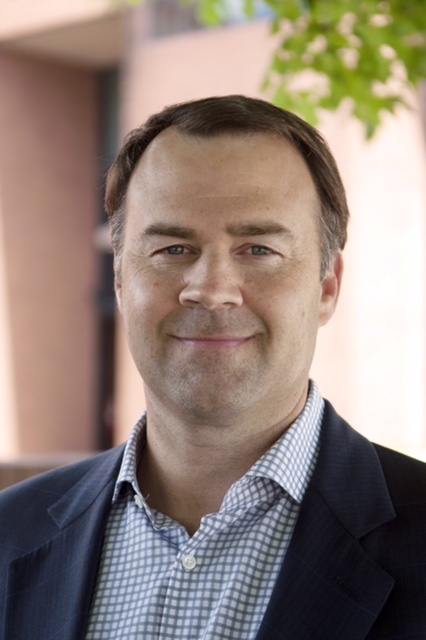
David Pepper, Former Chair of the Ohio Democratic Party and Senior Fellow, Charles F. Kettering Foundation
David Pepper is a lawyer, writer, political activist, former elected official, and adjunct professor, and served as the Chairman of the Ohio Democratic Party between 2015 and 2021. In that role, he was engaged in numerous fights and extensive litigation over voter suppression and election laws in the Buckeye State. Stemming from that work, David appeared in “All In”—the documentary highlighting Stacey Abrams’ nation-wide fight for voting rights. Pepper has written four novels that bridge real-world politics and fiction—including A Simple Choice (released in August 2022)). His first novel, The People’s House, earned praise for having “predicted the Russia scandal.” The Wall Street Journal named Pepper “one of the best political-thriller writers on the scene.”
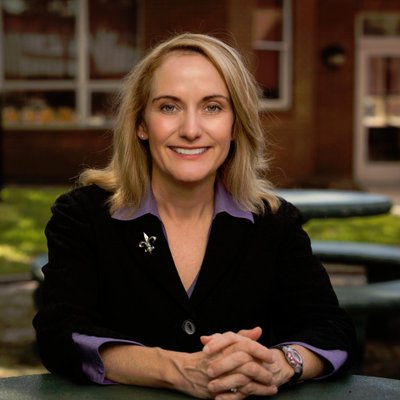
Allison Plyer, Chief Demographer, the Data Center and Author of Pandemic to Prosperity
Allison Plyer is the Chief Demographer for The Data Center of Southeast Louisiana. She is author of The New Orleans Index series, developed in collaboration with Brookings to analyze the state of the recovery post-Katrina and later to track the region’s progress toward prosperity. She is also a co-author of The New Orleans Prosperity Index which examines the extent to which economic outcomes have improved for Black New Orleanians since the end of the Civil Rights era. She served as an editor for Resilience and Opportunity: Lessons from the U.S. Gulf Coast after Katrina and Rita, a Brookings Institution Press volume. Allison is an international expert in post–Katrina demographics and disaster recovery trends and frequently provides commentary on recovery and development to media such as NPR, the Associated Press, the New York Times, and USA Today. Allison received her Doctorate in Science from Tulane University and has an MBA from the Kellogg Graduate School of Management at Northwestern University.
Sanjiv Rao, Managing Director, Movements and Media, Democracy Fund
Sanjiv Rao is the Managing Director of Movements and Media at Democracy Fund, an independent foundation working to ensure that our political system is able to withstand new challenges and deliver on its promise to the American people. Sanjiv oversees Democracy Fund’s Just and Inclusive Society (JIS) and Public Square programs, playing a leadership role in organization-wide strategy, grantmaking effectiveness, and organizational management and development.

Angela Romans, Executive Director, Innovation for Equity and Board Member, National Civic League
Angela Romans is the founding Executive Director of Innovation For Equity. A 2019 inaugural IFE Leadership Fellow, Angela has spent over two decades as a leader in nonprofit and public sector organizations and brings deep experience in higher education, K–12, leadership development, and education access and reform.
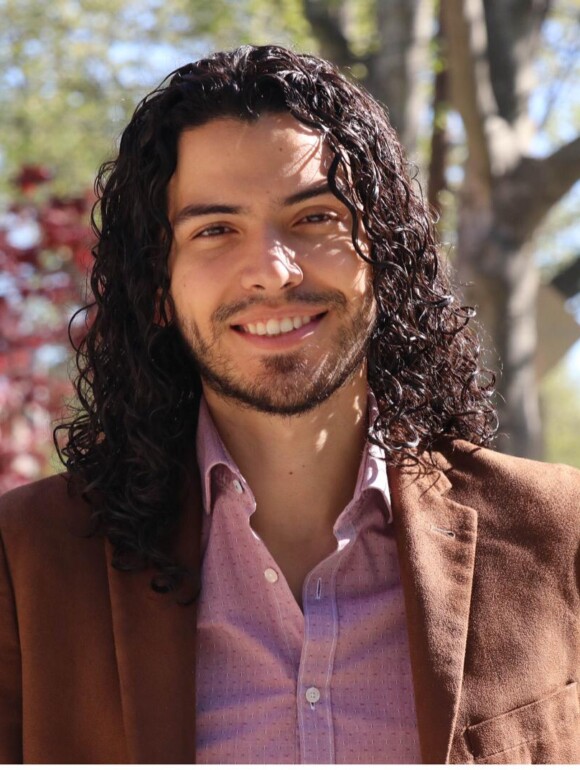
Oscar Romero, CIO, NYC Civic Engagement Commission
Oscar Romero is the Chief Information Officer (CIO) of the NYC Civic Engagement Commission. His work focuses on leveraging technology, innovation, and global partnerships to increase participatory democracy, and address urban inequality across low income and underrepresented communities in New York City. Oscar leads Diversity in Tech NYC, an annual event to discuss key challenges to improve diversity in the tech industry. As a NYC public servant, he has served in multiple emergency response taskforces on topics such as: preventing tenant harassment; preventing child abuse online during the Covid-19 pandemic and providing mental health services for newly arrived Ukrainian refugees.
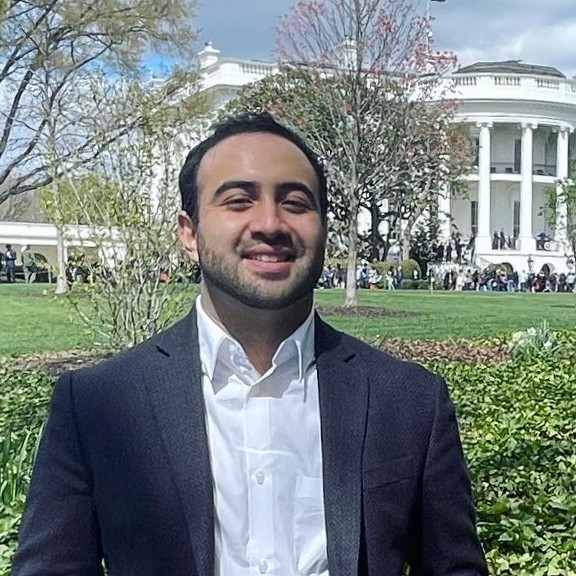
Josué Romualdo, Program Manager, NALEO Education Fund
Josué Romualdo is an National Coordinator for the Stop Hate Project and Voting Rights Projects. Josué is a Colorado native and received his Bachelor’s degree in International Affairs and a minor in Italian from the University of Colorado Boulder. Josué has worked with different communities and individuals from a variety of backgrounds and cultures. Some of these communities include refugees from Afghanistan, Iran, Syria, and Ukraine who were living in Perugia, Italy. He has worked directly with the Latino and undocumented community in Boulder focusing on promoting a healthier lifestyle and teaching about the importance of obtaining a higher education, regardless of their socio-economic background.

Brad Rourke, Director of External Affairs & D.C Operations, Kettering Foundation
Brad Rourke is the Kettering Foundation’s director of external affairs and DC operations. He leads the foundation’s Washington, DC, office and also heads efforts to increase the foundation’s impact and reputation across key audiences, developing strategic partnerships and conferences, and promoting awareness and understanding of the foundation’s mission. For more than a decade at the foundation, Rourke served as executive editor of issue guides, creating more than 40 such publications enabling groups of people to come together to discuss fraught public issues across lines of difference and in the face of deep disagreements about what should be done. He has written and cowritten a number of Kettering reports and articles, including Developing Materials for Deliberative Forums. His essays and op-ed pieces have appeared in publications such as the Washington Post and The Christian Science Monitor. He contributed a chapter on the ethics of citizenship to the book Shades of Gray (Brookings Institution, 2002).
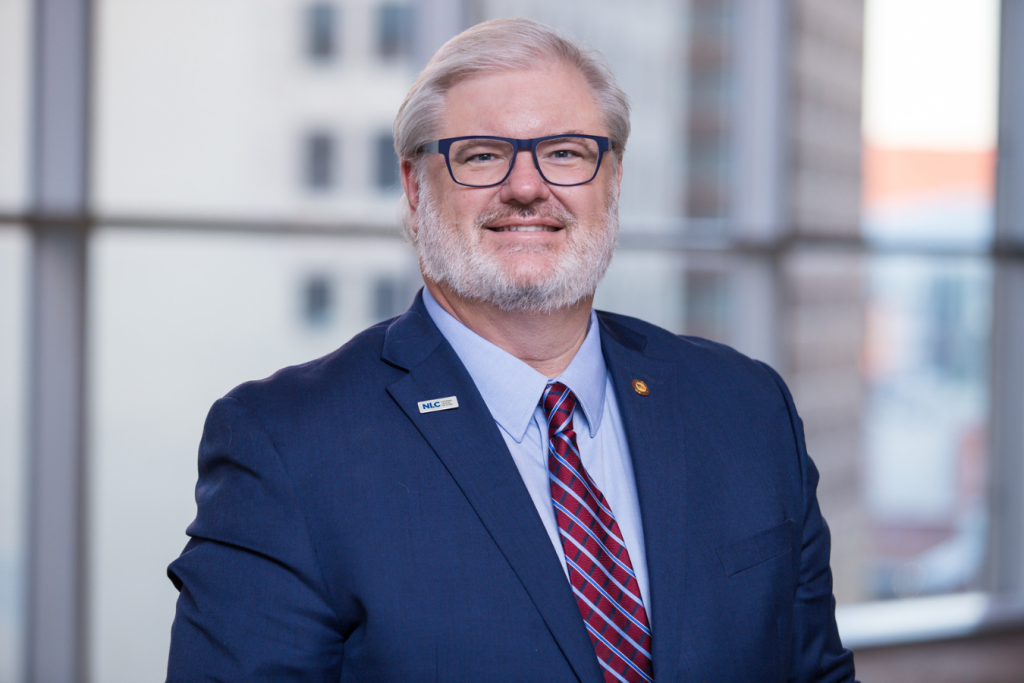
David Sander, Mayor, Rancho Cordova, CA
Councilmember David M. Sander, Ph.D. of Rancho Cordova, CA serves as the First Vice President of the National League of Cities. Sander has been active in many community, state and national endeavors. He currently serves as Founder/President of the Rancho Cordova Athletic Association and on the Board of the Sacramento Children’s Museum, Sacramento, and NextEd’s CRANE CEO Oversight Panel. Sander is a Founder and Past Chair of the Rancho Cordova 4th of July Committee, an active member and Past President of the Board of the Cordova Community Council, and a past Board Member of the Rancho Cordova Chamber of Commerce, past chair and board member of Regional Transit, Paratransit, the Friends of the Sacramento Library Board, the Cordova Community Planning Advisory Council (CORPAC), Sacramento County Airports Master Plan Commission, and the Sacramento County Sheriff’s Department’s Citizen’s Advisory Panel.
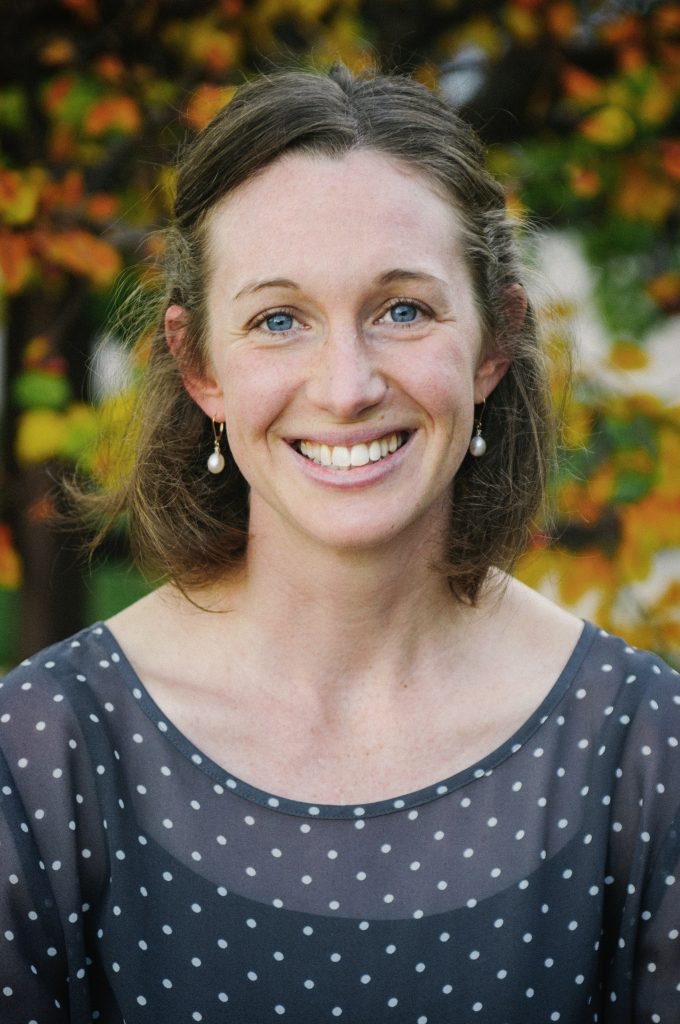
Laura Schlachter, Survey Statistician, AmeriCorps
Laura Hanson Schlachter is a Survey Statistician in the AmeriCorps Office of Research and Evaluation and serves as the agency’s technical lead for the Current Population Survey Civic Engagement and Volunteering Supplement. Her current scholarship focuses on civic engagement, particularly as it relates to climate change and the relationship between work and civic life. Laura earned her PhD in Sociology at the University of Wisconsin-Madison, where her dissertation was generously funded by the National Science Foundation and an AmeriCorps National Service and Civic Engagement Grant. She also holds a Master in Public Affairs from Princeton University and a BA from Whitman College.
Michael Smith, CEO AmeriCorps
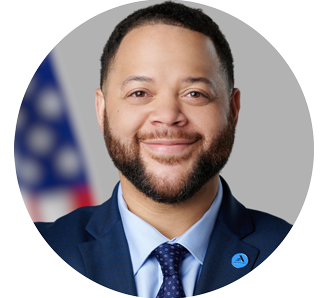
Michael D. Smith is the Chief Executive Officer of AmeriCorps—the federal agency for service and volunteering. CEO Smith has dedicated his career to social justice by reducing barriers and expanding opportunity for children and families in underserved communities, like those where he grew up. During his tenure at AmeriCorps, CEO Smith has sharpened the agency’s focus on equity, investing in what works and uniting communities through the power of service. Notably, CEO Smith has been appointed to senior leadership roles by two United States Presidents. President Joseph Biden nominated him for his current position in 2021; CEO Smith was confirmed by the United States Senate later that year. Previously, he served in President Barack Obama’s White House as special assistant to the president and senior director of cabinet affairs, overseeing the My Brother’s Keeper initiative and interagency task force. My Brother’s Keeper led to new federal policy initiatives and grant programs; tens of thousands of new mentors; more than 250 MBK communities; and more than $1 billion in private sector and philanthropic investmen
Jessica Sutter, Chief of Learning Initiatives, Institute for Citizens & Scholars
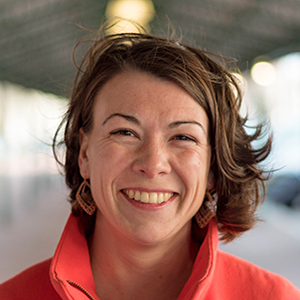
Jessica Sutter is President of EdPro Consulting. She has managed projects and authored research for organizations including the Bill and Melinda Gates Foundation, the DC Public Charter School Board, the Center for Reinventing Public Education, and the Center for American Progress. Jessica previously worked for both the Office of the State Superintendent of Education and Deputy Mayor for Education in Washington, DC. She began her career as a middle school teacher. Jessica holds a BA from Loyola College in Maryland and an MA and PhD in Education Policy from the University of Maryland, College Park. Her research focuses on public charter school policy. She currently serves as the Ward 6 Member on the DC State Board of Education. When not representing the students, families and schools of Ward 6 or working with clients she can be found swimming, biking, and running her way around DC.
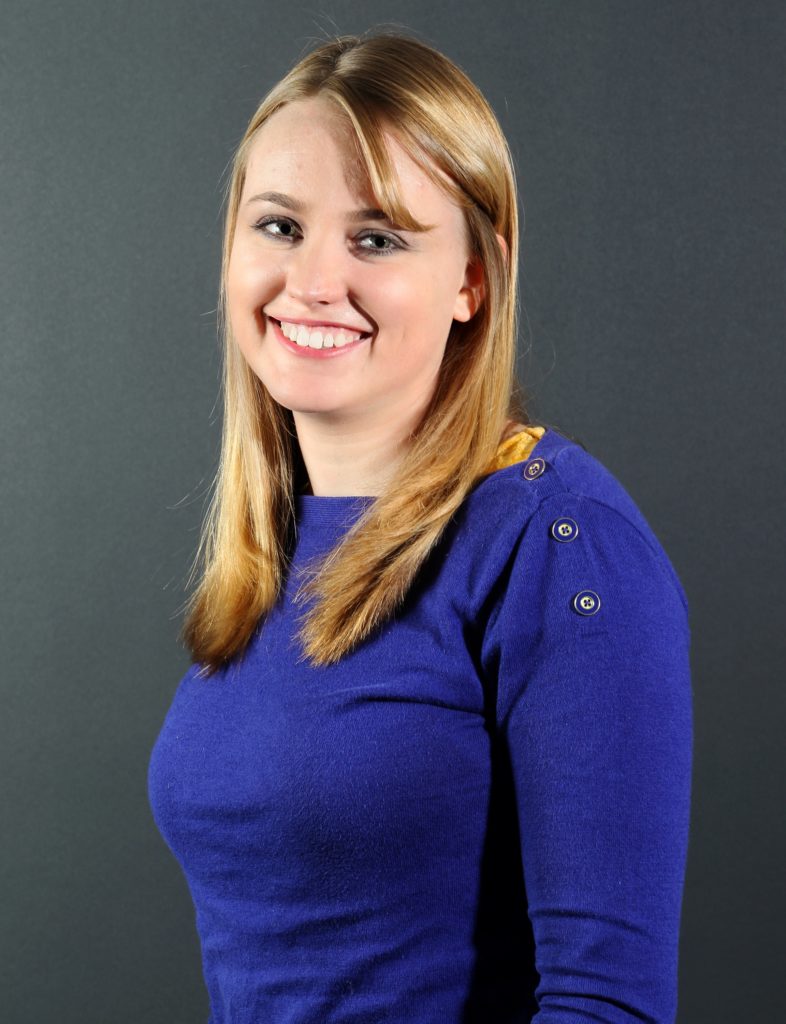
Rebecca Trout, Director of the All-America City Award & Communications, National Civic League
Rebecca Trout is the Director of the All-America City Award & Communications at the National Civic League. In this role she connects the over 500 AAC communities with resources around local good governance practices and civic engagement strategies through research, a mentorship program and monthly webinars. She also coaches potential applicant communities on what makes an All-America City and oversees all event management for the annual three-day award and peer-learning conference. Rebecca is also in charge of communications and marketing at the League, managing the content and distribution of the League’s newsletter, social media and website. Additionally, she serves as the assistant editor of the National Civic Review, managing the online design of the quarterly publication, as well as distribution
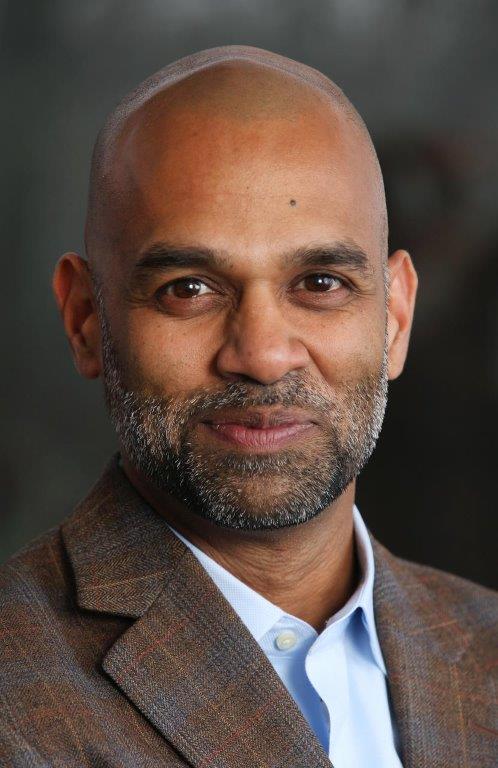
Raj Vinnakota, President, Institute for Citizens & Scholars
Rajiv Vinnakota is president of the Institute for Citizens & Scholars. Prior to joining in July 2019, Raj served as the Executive Vice President of the Youth & Engagement division at the Aspen Institute. Before working at the Aspen Institute, he was co-founder and CEO of The SEED Foundation, the nation’s first network of public, college-preparatory boarding schools for underserved children, where he remains on the board. A graduate and former trustee of Princeton University, Raj has dedicated his career to educating, empowering, and supporting America’s youth, particularly those from disadvantaged communities

Nik Walker, Director of Constitutional Limited Government, Stand Together Trust
Nik Walker is Director of Constitutional Limited Government at Stand Together Trust, where he has worked for nearly a decade. In that role, he looks to empower grantees who are working to improve the institutions of government across multiple levels and topics. He lives in Manassas, VA with his wife and two small children. When not working, he enjoys DIY projects, rock climbing, and learning the banjo.
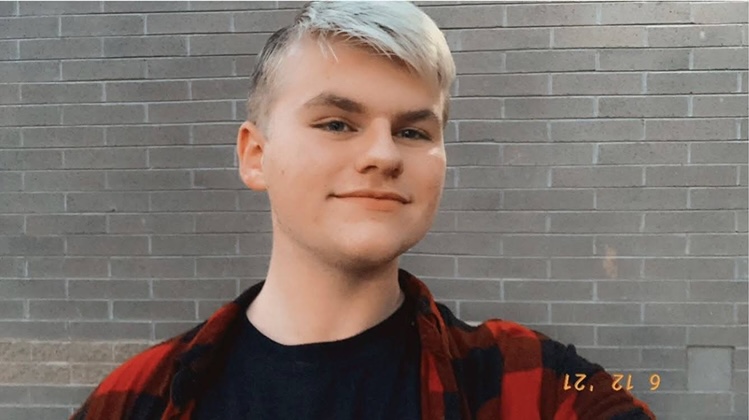
Chris Wren, Hacktivate Mesa
Chris Wren is a high school senior at Mountain View High School who loves to sing in his school’s top two choirs, perform with the theater program, lead his schools Dreamcatchers club and take part in Hacktivate Mesa competitions. Chris have a passion for learning, exploring new things and creating something new or finding ways to give back to his community. His goal in life is to create positive change in the world through music, theater, and technology. Chris loves to travel all over and strives to use his talents to make a difference in people’s lives not only in his community but with people he meets all over the U.S.
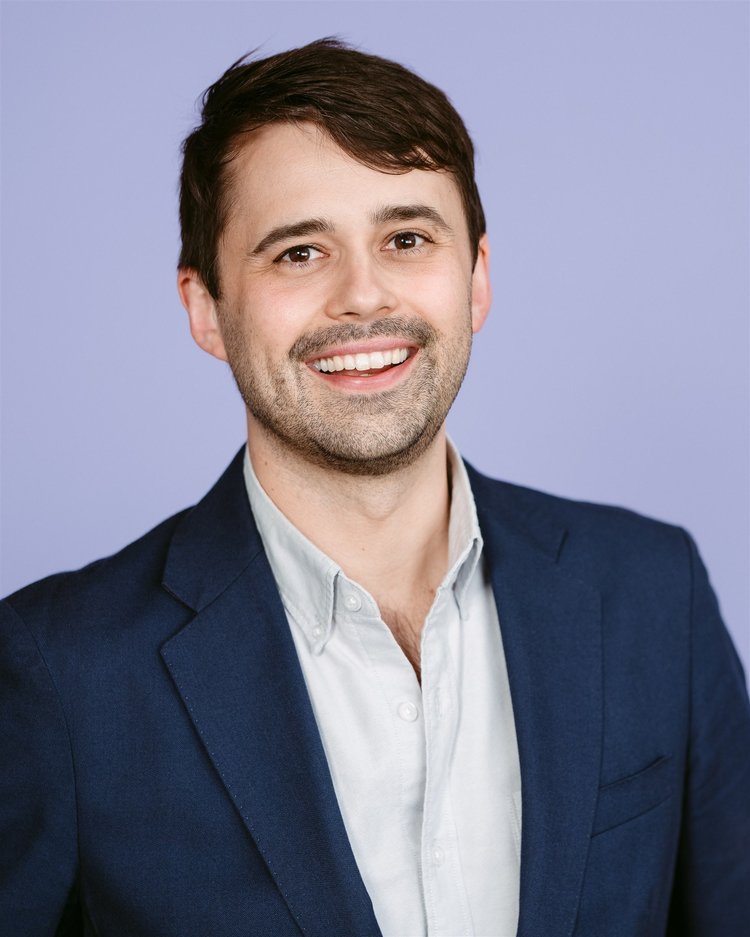
Richard Young, Founder and Executive Director, CivicLex
Richard lives in Fayette County, Kentucky, and has worked on civic health in Kentucky for over a decade. He is the Founder and Executive Director of CivicLex, a civic health and media organization in Lexington that spans local news, bridge building, civic education, and collaborative governance. He is also a founding Steering Committee member of the Kentucky Rural-Urban Exchange.

Jillian Youngblood, Executive Director, Civic Genius
Jillian Youngblood is the executive director of Civic Genius. She has nearly 20 years of experience in politics, government, and strategic communications with a focus on deliberative democracy and solutions-oriented public engagement. On Capitol Hill, she was a lead staffer for the 9/11 Health and Compensation Act, and worked on issues related to health care, urban planning, and appropriations. Previously, she managed New York City’s federal and state legislative portfolios on public health under the Bloomberg Administration, and was a consultant to numerous nonprofit and corporate clients across a range of public policy issues. Jillian is a frequent speaker and trainer on transformative civic engagement.